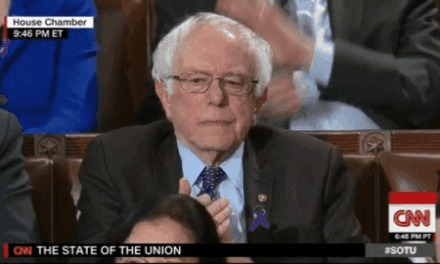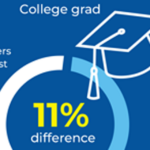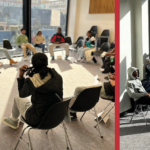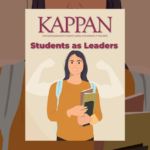My latest Columbia Journalism piece went online yesterday — an attempt to test the claim that’s often made that education journalism is, while abundant, all too often narrowly focused on a particular set of issues and also problematically superficial.
As you’ll see (Why education reporters are missing the grade – Columbia Journalism Review.), the piece includes critical perspectives from some observers (Patrick Riccards, Arthur Levine, Jeff Henig, Jonathan Zimmerman) but also praise and thoughtful explanation from some of the same critics as well as education editors like the LA Times’ Beth Shuster, WNYC’s Patricia Willens, and Chalkbeat’s Philissa Cramer.
Freelance education writer Maureen Kelleher’s response seems particularly useful: “Shallow is worse than narrow. Within the hot-button topics-charters, testing-we need deeper coverage.”
.@alexanderrusso @CJR I think shallow is worse than narrow. Within the hot-button topics-charters, testing-we need deeper coverage.
— Maureen Kelleher (@KelleherMaureen) October 2, 2015
She also echoed a point I tried to make in the piece: “Big issues: poverty, local control, school funding teacher prep don’t fit easily into pro/anti-#edreform skirmishes.”
Former Tribune and WSJ education reporter Stephanie Banchero wasn’t so sure she was buying the story’s premise: “Probably true natl reporters focus more on charters. whether it’s “too much” I’m not sure. Would need to go count stories.”
@alexanderrusso probably true natl reporters focus more on charters. whether it’s “too” much, I’m not sure. Would need to go count stories.
— Stephanie Banchero (@sbanchero) October 2, 2015
Fordham’s Nicholas Tampio also weighed in: “I wish that more education reporters read history, political science, philosophy (!) to see the big picture.”
My previous piece for CJR (Common problems with Common Core reporting) focused on the quandary many media outlets faced in reporting protests against the Common Core tests.
ABOUT THE AUTHOR

Alexander Russo
Alexander Russo is founder and editor of The Grade, an award-winning effort to help improve media coverage of education issues. He’s also a Spencer Education Journalism Fellowship winner and a book author. You can reach him at @alexanderrusso.
Visit their website at: https://the-grade.org/











